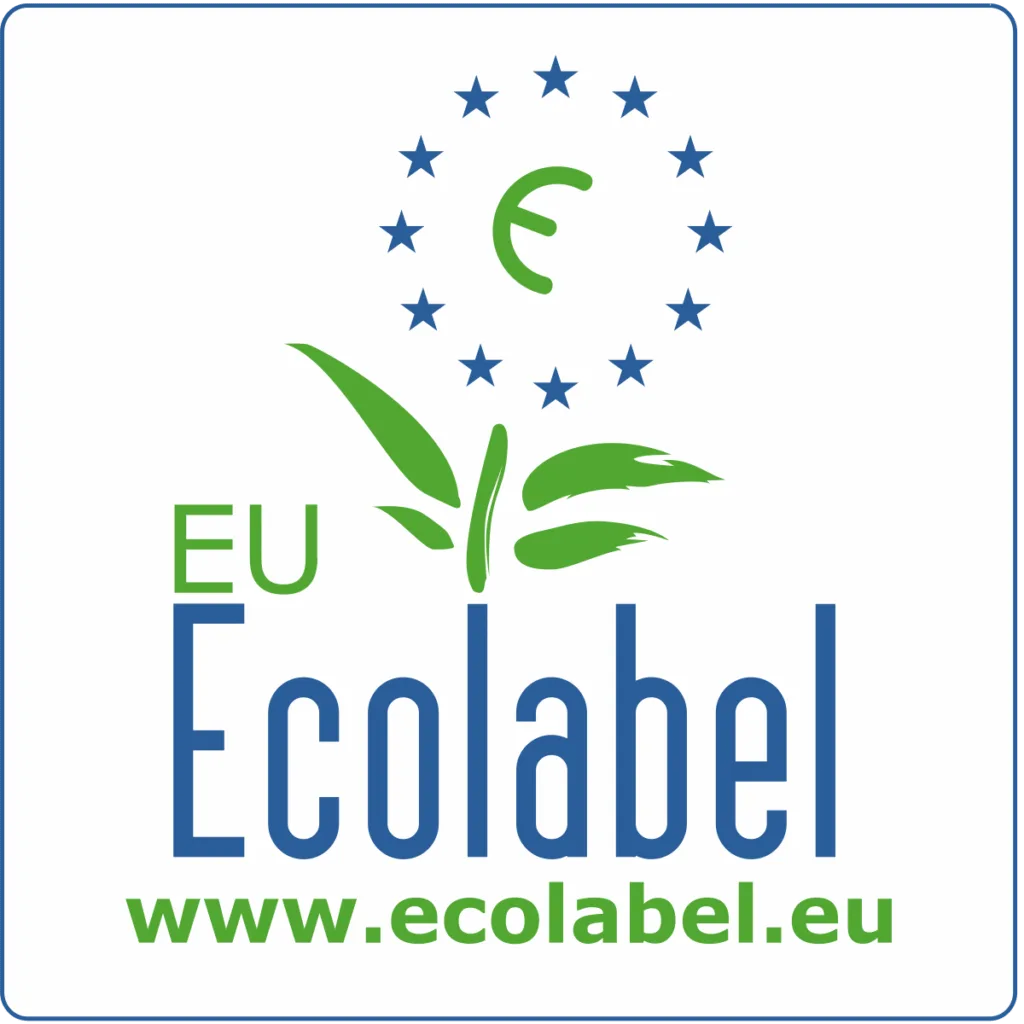In an increasingly environmentally conscious market, a green certification serves as crucial validation for products and services striving for sustainability. They communicate to consumers, investors, and partners that a company is making credible, measurable efforts to reduce its environmental impact. Beyond environmental benefits, green certifications can enhance brand reputation, unlock new market opportunities, and drive cost savings through more efficient resource use and streamlined operations.
A Life Cycle Assessment (LCA) is a vital tool for comprehensively evaluating the environmental impacts of a product or service throughout its entire lifespan. This starts from raw material extraction and finishes at disposal or end-of-life processing. Several prominent green certifications mandate LCAs to ensure a thorough understanding and minimization of environmental burdens.
Top Certifications Requiring LCA
While numerous certifications consider environmental impacts, the following are notable certifications that require or heavily rely on LCAs:
CarbonNeutral Protocol Certification
Carbon neutral certification mandates a thorough assessment of greenhouse gas (GHG) emissions as a fundamental requirement. Certification programs, such as the CarbonNeutral Protocol by Climate Impact Partners or standards like the SCS 108 Standard from SCS Standards, require organizations or products to quantify their carbon footprint. This involves a detailed GHG emissions assessment, often guided by methodologies from the GHG Protocol and potentially incorporating principles from ISO 14040/14044 LCA standards. These are internationally recognized and credible methodologies that provide the data for implementing emission reduction strategies and offsetting remaining emissions with verified carbon credits. This is typically subject to third-party verification to ensure compliance with the specific certification standard.

Cradle to Cradle Certified®
The Cradle to Cradle certification goes beyond minimizing harm and aims for a circular economy. It evaluates products across five categories, including Material Health, Product Circularity, Clean Air & Climate Protection, Water & Soil Stewardship, and Social Fairness. Understanding the life cycle of a product is crucial for meeting the requirements in categories like Product Circularity, which emphasizes designing products for disassembly and material recovery, and Clean Air & Climate Protection, which considers energy use and greenhouse gas emissions throughout the product’s life cycle. While a specific LCA report might not always be a standalone requirement, the principles of LCA are deeply embedded in the evaluation process, and a detailed understanding of the product’s life cycle impacts is essential for meaningful change.

EU Ecolabel
This European Union-wide label signifies products and services with reduced environmental impact throughout their life cycle. The EU Ecolabel criteria are based on a life-cycle approach, meaning that the environmental impacts are considered from raw material extraction through to production, distribution, use, and disposal. The foundation of the EU Ecolabel lies in understanding and minimizing impacts across the entire product life cycle. The criteria often favor durability, reusability, recyclability, and the substitution of hazardous substances, all of which are informed by LCA principles.

The Importance of LCA in Green Certification
The inclusion of LCA requirements in these and other green certifications highlights its critical role in:
Comprehensive Environmental Assessment: LCA provides a holistic view of environmental impacts, going beyond single issues like carbon emissions to include resource depletion, water use, toxicity, and more.
Identifying Environmental Hotspots: By analyzing each stage of a product’s life cycle, LCA can pinpoint the areas with the most significant environmental burdens, allowing for targeted efforts.
Supporting Informed Decision-Making: LCA data enables companies to make evidence-based choices about material selection, production processes, and end-of-life strategies to reduce their environmental footprint.
Ensuring Credibility and Transparency: When a certification requires an LCA, it adds a layer of scientific rigor and transparency to environmental claims, enhancing trust among consumers and stakeholders.
Driving Market Transformation
The demand for green certified products is increasing due to several factors:
Retail Requirements: Some retailers are prioritizing or even requiring products to hold specific green certifications as part of their sustainability initiatives and to meet consumer demand for eco-friendly options.
Regulations: Environmental regulations are increasingly incorporating life cycle thinking and, in some cases, mandating LCA or similar assessments for certain product categories to improve environmental performance and transparency. For example, the EU’s Ecodesign for Sustainable Products Regulation (ESPR) and the Corporate Sustainability Reporting Directive (CSRD) emphasize the importance of life cycle information.
Brand Enhancement: Obtaining credible green certifications and communicating the environmental benefits through LCA can significantly enhance a brand’s reputation, attract environmentally conscious consumers, and create a competitive advantage. Consumers are increasingly willing to support brands that demonstrate a genuine commitment to sustainability.
Key Takeaways
Life Cycle Assessments are more than a technical requirement within leading green certification programs like CarbonNeutral, Cradle to Cradle, and the EU Ecolabel. They are the foundation where credible and impactful sustainability claims are built. By demanding a comprehensive, science-based understanding of environmental impacts across a product’s entire journey, an LCA ensures that certifications represent genuine efforts towards environmental stewardship rather than superficial greenwashing.
As retail demands for eco-conscious products grow, regulations increasingly emphasize life cycle thinking, and brands recognize the power of transparent sustainability to enhance their image and connect with consumers, the role of LCA in driving meaningful environmental progress through green certification will only become more critical. These certifications, underpinned by rigorous LCA, are catalysts for a more sustainable future, guiding businesses and empowering consumers to make a meaningful impact.
Ready to get certified?
CarbonBright’s AI-powered LCAs provide businesses with the expert analysis needed to measure their product’s environmental footprint accurately. We guide companies through the complexities of green certification, ensuring they are well-prepared for a more transparent future.
Contact CarbonBright to make smarter, greener choices today.
